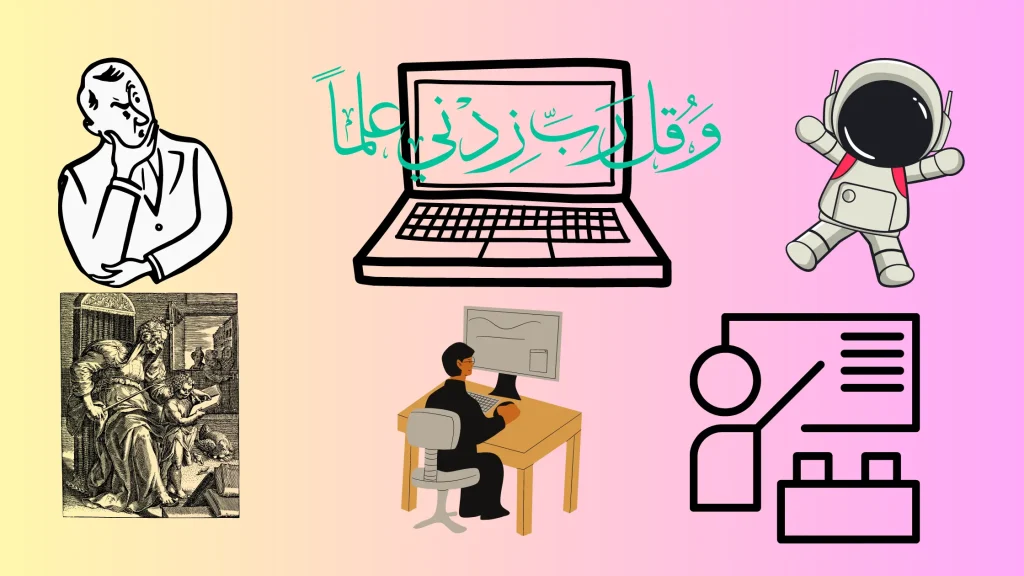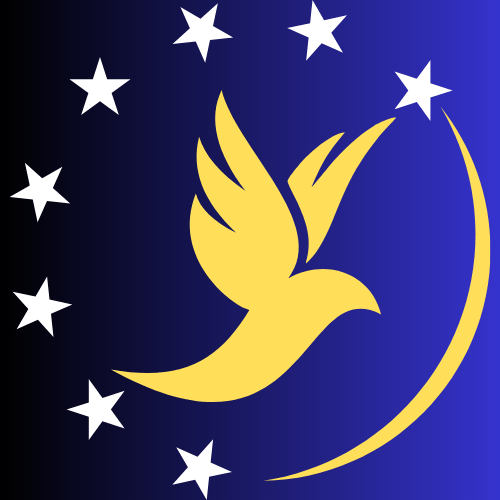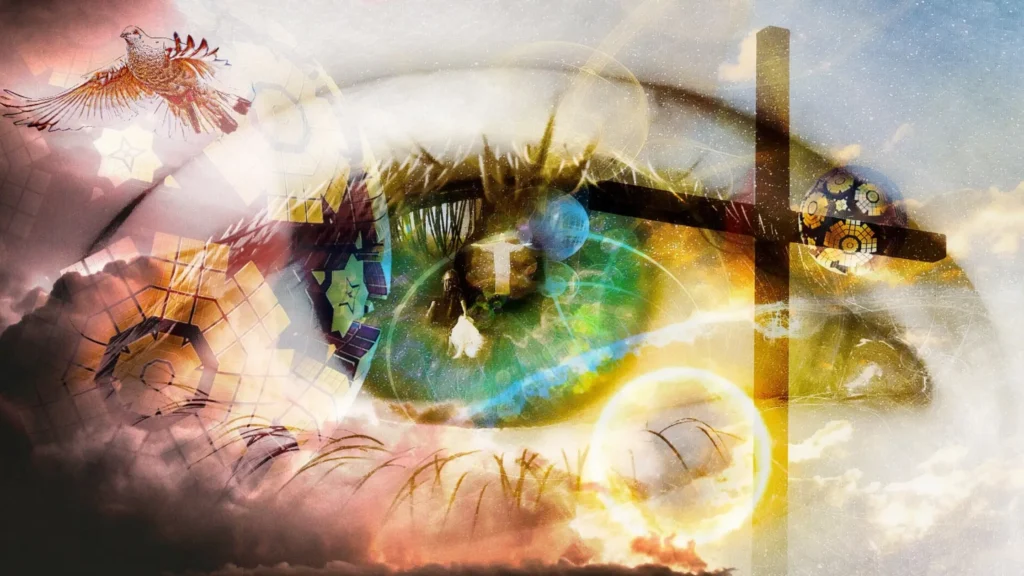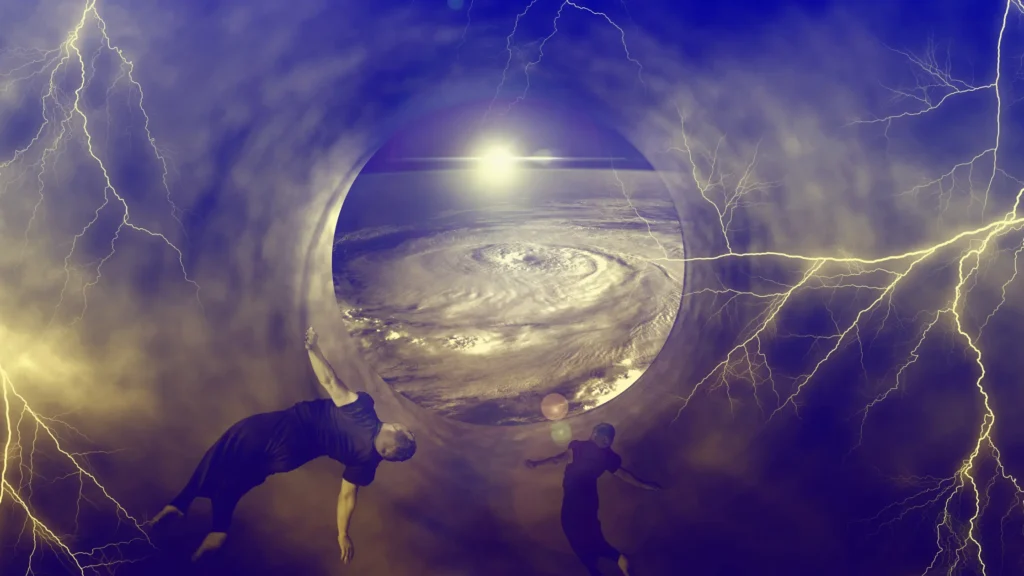Knowing The Knowledge Or Believing The Lies
The duality of belief and knowledge has long been a topic of philosophical debate, with philosophers debating the differing nature of these two ideas. Belief is a person’s acceptance of something as true or genuine, which is generally based on personal experiences, intuition, or faith. Knowledge, on the other hand, is often connected with facts and information obtained through evidence, observation, and logical thought.
While belief and knowledge seem to be mutually incompatible, they often coexist and overlap inside a person’s worldview. In certain circumstances, belief may act as a springboard for obtaining information, while knowledge can question or modify one’s views. This delicate link between belief and knowledge emphasizes the dynamic and complex character of human comprehension and the ongoing quest for truth.
Belief and knowledge are two essential features of our cognition that influence our perspective of the world and our role within it. Believing in something and knowing that something is true go hand in hand. While both ideas include aspects of conviction and comprehension, their natures and the ramifications of their application are quite different from one another. We may get insight into the complexity of conscious imagination and the search for the truth if we investigate the nuanced link that exists between knowledge and belief.
Conviction and apprehension go hand in hand in the realm of belief:

Belief is what underpins our cognitive framework and gives us the filter through which we understand the world around us.
It contains our own beliefs, viewpoints, and faith, and it plays a role in the formation of our values, our sense of moral direction, and our religious connections. But the term “lying” is included inside the word “believe,” which highlights an inherent sensitivity to doubt and the possibility of subjective interpretation.
The formation of beliefs is often the result of personal experiences, upbringing in a particular culture, social training, and emotional relationships.
It may be founded on faith or intuition, or there may be insufficient evidence to support it.
Beliefs, despite the fact that they might be deeply rooted and fiercely held, are inherently subjective and vary considerably from person to person as well as from society to society. Beliefs may also be flexible, meaning that they are open to modification and revision when new facts and points of view come to light.
Belief is a potent force that drives human behavior and gives people a sense of purpose, motivation, and consolation. Belief is a strong force that drives social beings. Having said that, it is necessary to acknowledge that one’s views, despite the fact that they have a significant place in one’s life, do not necessarily coincide with reality. Beliefs may coexist with one another, battle with one another, and develop with time, which often results in a variety of interpretations and disagreements in religious, political, and philosophical settings.
The pursuit of absolute truth is the essence of knowledge:

On the other hand, knowledge is a more thorough and objective understanding of reality than belief is. Evidence, logical reasoning, empirical observation, and in-depth analysis are the four pillars on which it is founded. Acquiring information, determining the validity of that information, and arriving at conclusions based on that justification are the steps involved in the process of gaining knowledge. Importantly, the word “know” is actually included inside the word “knowledge,” highlighting the underlying certainty and self-assurance connected with this idea.
Knowledge seeks to overcome human prejudice and subjectivity by striving for assertions that are valid across all contexts and can be independently verified. It makes use of methodical approaches, investigations based on scientific principles, and intellectual rigor. Nonetheless, it is essential to recognize the intrinsic constraints that are present in human understanding. As new information is discovered or established paradigms are challenged, our view of the world is susceptible to change and perpetually develops across time.
While factual facts and scientific ideas are often what come to mind when one thinks of knowledge, the term “knowledge” really embraces a wide range of kinds of knowing. These forms include historical knowledge, philosophical insights, and cultural literacy.
The pursuit of knowledge requires intellectual curiosity, a healthy dose of skepticism, and a readiness to question one’s preconceived notions and long-held views.
The Relationship Between Accurate Information and Faith:

Belief and knowledge are not incompatible components of human cognition; rather, they are intricately linked with one another.
Beliefs have the ability to shape hypotheses and direct research, both of which are important steps in the pursuit of knowledge.
On the other hand, information has the ability to test and improve our views, which might lead to a modification or even an abandonment of such ideas.
This constantly shifting relationship between knowledge and faith reflects the ever-evolving nature of human comprehension.
It is important to cultivate an awareness of the distinction between belief and knowledge, acknowledging the subjective nature of our beliefs while simultaneously seeking to ground our understanding in evidence and rationality. Cultivating this awareness is important because it is the foundation for rational reflection. Intellectual development, critical reasoning, and the ongoing search for the truth are all made possible by achieving a balance between the permissiveness of belief and the strictness of knowledge.
Conclusion:

The contrast between believing and knowing is at the core of human cognition; it shapes our view of the world and has an impact on the choices we make in response to it. Knowledge seeks to find the objective truth by using evidence-based reasoning to make its case, in contrast to belief, which presents a subjective perspective through which we might interpret reality. It is possible for humans to traverse the complexity of human cognition by recognizing the inherent ambiguity that exists within belief and the certainty that is present within knowledge. This not only promotes intellectual progress but also fosters a greater respect for the search for truth.
In the pursuit of comprehension, it is essential to participate in critical thinking, to be open to many points of view, and to put our own views to the test when presented with convincing evidence. We may build a more complex and deep view of the world by establishing a balance between belief and knowledge. This will encourage intellectual curiosity, empathy, and an ever-evolving quest of the truth.




